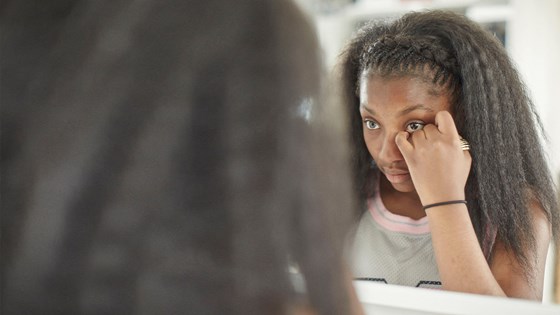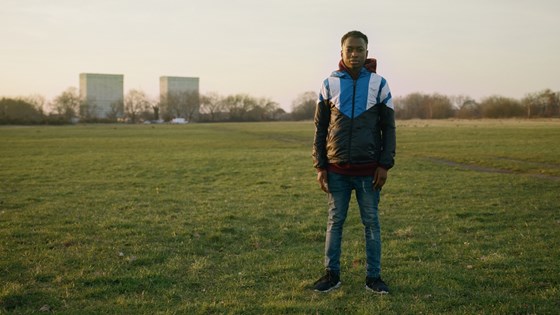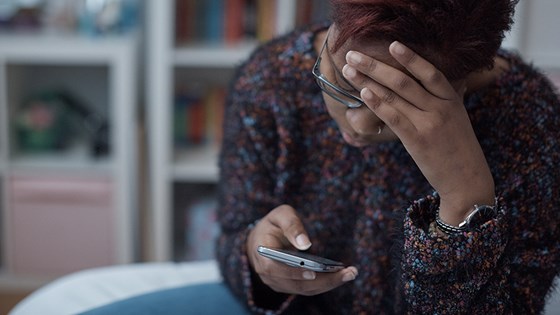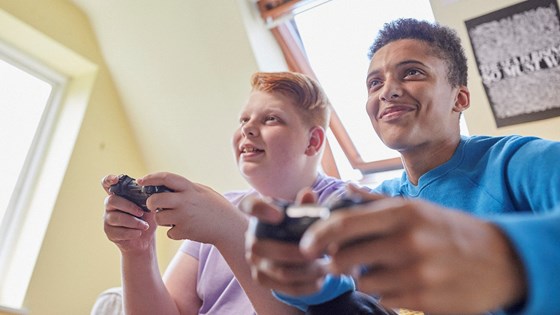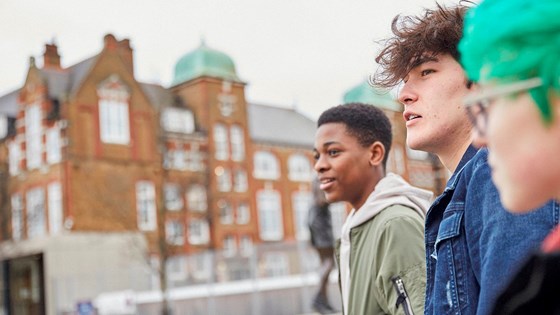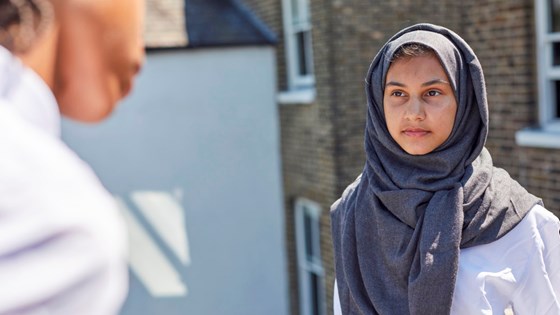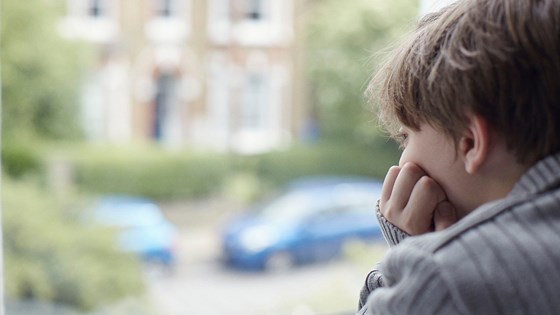Why are some people racist?
Our views and beliefs develop as we grow up and are influenced by friends and family, neighbourhoods, school and what we see and read in the media.
People who grow up in a family where racist views are expressed, or have friends who make racist jokes, might learn to believe that racism is normal and acceptable. Especially if they haven’t had the chance to interact with people from other cultures or backgrounds.
Racism can sometimes begin as a reaction to world events or news stories. At other times, someone who has had a painful personal experience with someone from a particular racial group might blame everyone of that race.
Everyone makes assumptions. This can happen when they don’t have the opportunity to learn about alternative views.
It’s never okay to discriminate someone based on their race. If you’re worried about how your views might affect other people, it can help to imagine being someone else to try and see their points of view.


